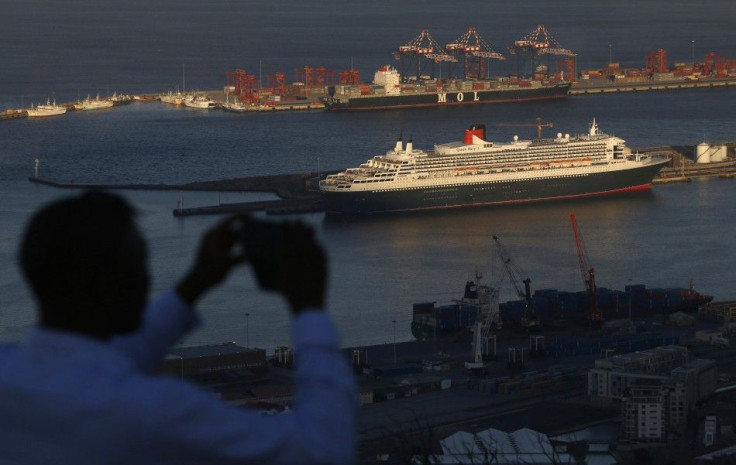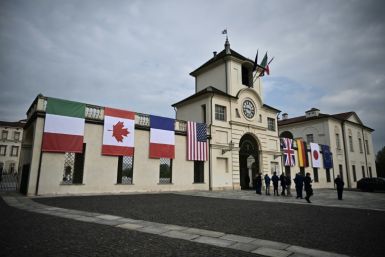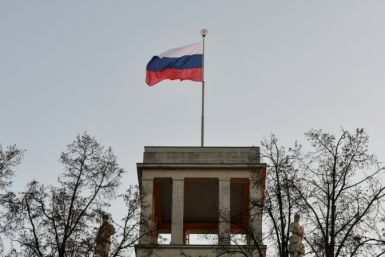Aspiring ISIS Jihadi Terror Fighters Now Take Cruise Liners To Reach Syria, Iraq

Aspiring terrorist fighters have found a new way to get to reach the homebase of radical militant organisations in Syria and Iraq. They are now taking cruise ships to get to the Middle East.
A report by the Associated Press said the deviation is meant so that the would-be jihadis would no longer need to pass through Turkey. The country has long acted as the major thoroughfare used by thousands of foreign fighters to get to Iraq and Syria. Turkey and Syria share borders.
Ronald Noble, outgoing chief of the Interpol, urged countries to step up screening procedures at all transportation hubs, saying they have observed a growing number of people boarding cruise ships bound for Turkey. All "airports and cruise lines" should be monitored and inspected, he said. He didn't give specifics on the number of people who they saw got off at Turkey.
Turkey has said it had stepped-up efforts to thwart jihadi wannabes in airports and bus stations, in the process deporting hundreds in recent months. It wasn't mentioned if authorities had put in place measures at its ports.
That the future ISIS jihadi fighters are now making alternative travel plans only meant to show that Turkey's crackdown was effective, Pierre St. Hilaire, Interpol's director of counterterrorism, told the AP. But the country must not relax yet because the terrorists could be unrelenting as well, he said.
He said they have evidence a number of individuals have booked tickets to Izmit, a Turkish coastal town. It is presumed this is where the aspiring radical fighters will get off. Most of the individuals who book tickets for this destination come from Europe.
This trend has just started about three months ago, St. Hilaire said. He described Izmit as a "launch pad" for the fighters to get neared to the conflict zones in Syria and Iraq.
But while they know the individuals' destinations, tracking them down is another thing. Since cruise ships often make repeated stops, these people can always get off at any port, and then get on another cruise ship at another port all together. This makes efforts to track them more difficult, St. Hilaire said.
Yet, there are still others who take the long travel all the way from their homes in Europe to the Syrian border just to be able to go undetected. St. Hilaire said at least 15,000 fighters or more from 81 countries have been detected travelling to one specific conflict zone. "In order to prevent their travel and identify them, there needs to be greater information-sharing among the region, among national security agencies."






